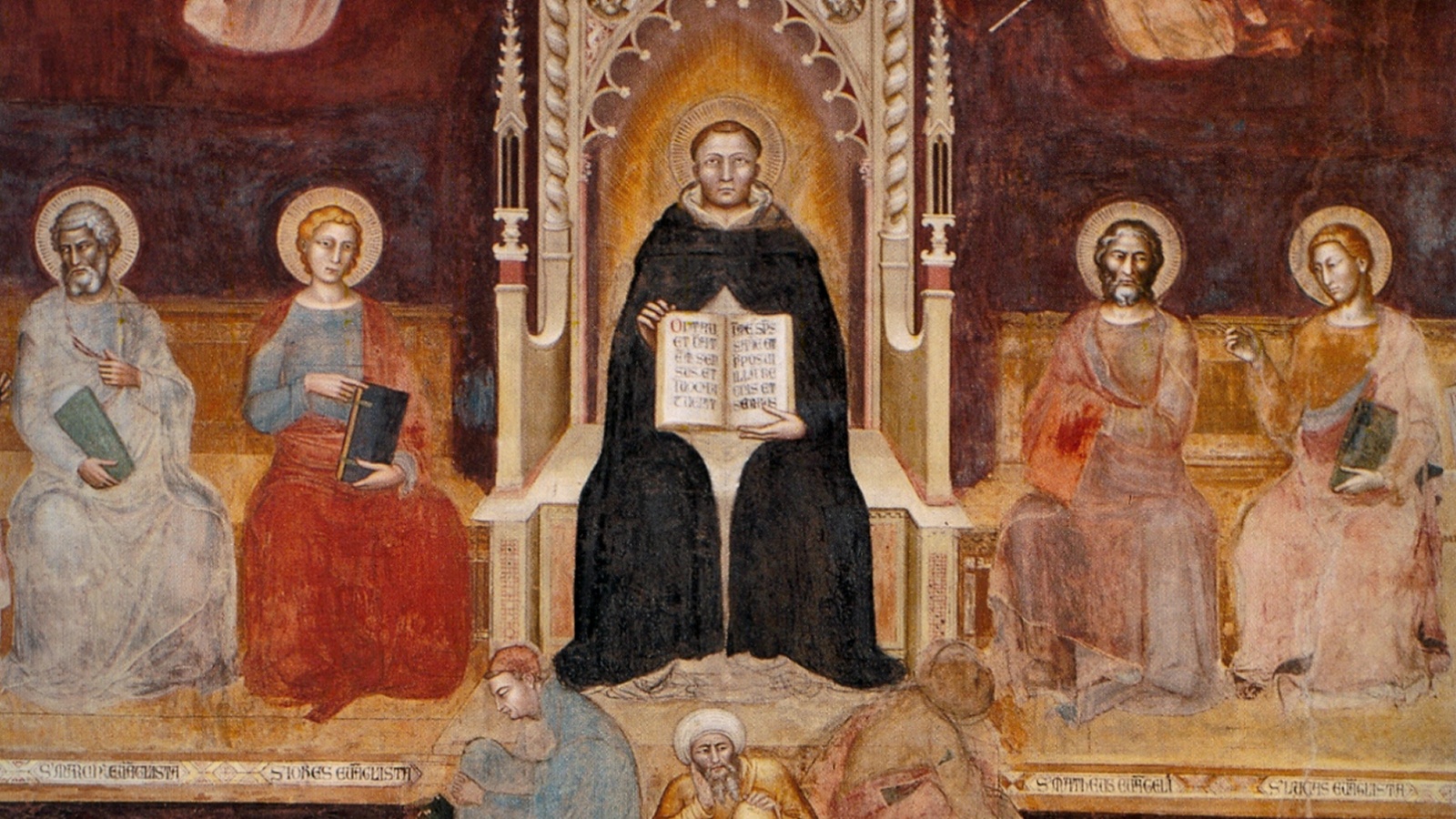In a world rife with political theories and systems, one might wonder about the divine perspective: What is God’s ideal form of government? This question invites a profound exploration of scriptural teachings, ecclesiastical authority, and theological insights. Particularly, by examining the parallel between the Seat of Moses and the Chair of Peter, and integrating the Catholic Church’s social teachings as reflected in the Catechism paragraphs 2426-2436, we can glean insights that point towards Distributism as a model reflecting divine intentions for human society.
The Seat of Moses and the Chair of Peter: Guardians of Truth and Justice
The Seat of Moses refers to the authority given to the leaders of Israel to interpret the Law, as derived from Moses’ role as lawgiver and judge. This seat symbolizes the responsibility to uphold and teach the law faithfully, ensuring that justice and divine statutes guide the community. Similarly, the Chair of Peter—held by the Pope as the successor to Saint Peter—represents the apex of spiritual authority in the Catholic Church, tasked with guiding the faithful in truth and morality.
Both these symbols of authority emphasize a governance based on adherence to divine laws and the moral teachings derived from them. They suggest that the ideal form of government, from a biblical standpoint, is not merely about power and control but is profoundly concerned with justice, mercy, and the ethical treatment of all people.
The Catechism’s Insight on Economic Justice and the Chair of Peter
The Catholic Church’s teachings in the Catechism, particularly paragraphs 2426-2436, delve deeply into the nature of economic systems and their impact on human dignity. The Church does not endorse any single economic system outright but criticizes aspects of capitalism that contradict Christian teaching and harm the common good. The Catechism explicitly points out the moral deficiencies in systems that prioritize profit over people, leading to inequality and exploitation.
The development of economic activity and growth in production are meant to provide for the needs of human beings. Economic life is not meant solely to multiply goods produced and increase profit or power; it is ordered first of all to the service of persons, of the whole man, and of the entire human community. Economic activity, conducted according to its own proper methods, is to be exercised within the limits of the moral order, in keeping with social justice so as to correspond to God’s plan for man
CCC 2426
This critique opens the door to Distributism, a theory supported by thinkers like G.K. Chesterton, which advocates for a broader distribution of property and wealth. Distributism is based on the principle that a just economic system should enable individuals and families to own the means of production, thereby promoting autonomy, economic stability, and reducing poverty.
Why Distributism?
Distributism aligns with the biblical themes of stewardship and community life. It echoes the governance seen in ancient Israel, where land distribution was central to the society’s structure, ensuring that wealth was neither concentrated in the hands of the few nor squandered by the many. This system reflects the justice and providence God intended for His people, aiming to prevent the inequalities that lead to social strife.
G.K. Chesterton, a stalwart advocate of Distributism, argued that this system provides a practical application of Christian social principles. It is neither purely socialist nor capitalist but offers a third way that emphasizes small-scale ownership and moral economics. Chesterton believed that by empowering families and communities to control their economic destinies, society would reflect more closely the Kingdom of God—marked by justice, peace, and genuine respect for human dignity.
Integrating Spiritual and Temporal Authority
The parallel between the Seat of Moses and the Chair of Peter highlights a comprehensive view of governance, integrating spiritual oversight with temporal authority. This integration suggests that the ideal government cannot be secular in isolation; it must consider spiritual welfare as integral to its policies and practices. The leaders sitting on these metaphorical seats are called to protect the vulnerable, distribute resources justly, and ensure that moral laws guide political decisions.
Conclusion
In conclusion, reflecting on God’s ideal form of government through the lenses of the Seat of Moses, the Chair of Peter, and the principles of Distributism, we find a compelling argument for a system that upholds justice, provides for the needy, and distributes power and resources equitably. This vision challenges modern political systems to reformulate their priorities and seek greater balance, reflecting not only human laws but divine justice. As we continue to explore these themes, we may find that Chesterton’s advocacy for Distributism not only provides solutions for economic disparities but also reinvigorates our spiritual commitments to the common good.
